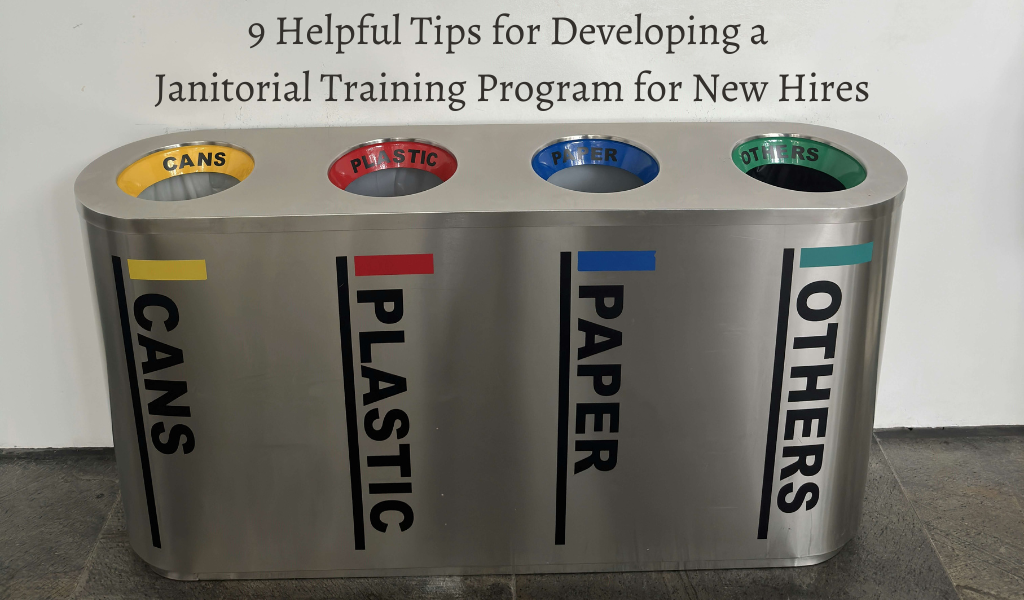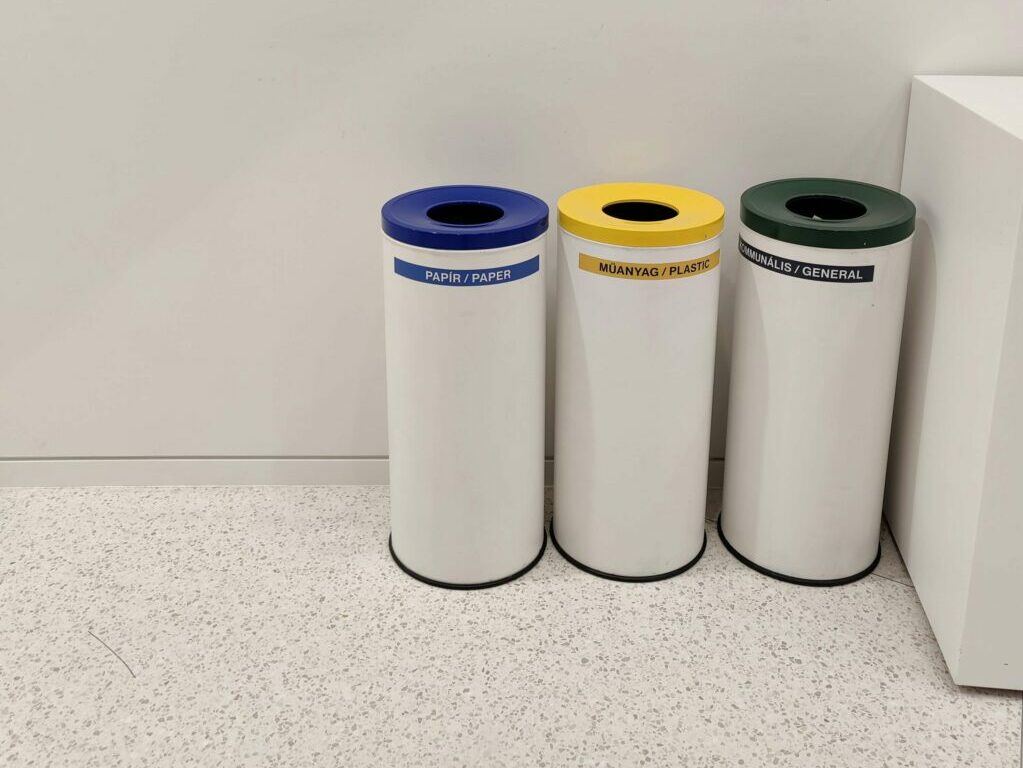Find out how to create a janitorial training program to help your new hires seem like experienced employees.
Turnover in the janitorial and building services world is high. Even for companies that have a relatively stable workforce, the impacts of employee turnover can ripple through an organization and cause delays, mistakes, and potential accidents. That’s why it’s vital to develop a janitorial training program for new hires in your organization.
You and your team, no matter how small or large, have systems in place. You work together to create the most efficient, effective routines you can. Over time, these systems become almost second nature. No one thinks about things like scanning into a room to check off tasks as they work. Equipment maintenance schedules get built into the flow.
These existing systems are challenging for someone new to walk into. Even new hires with experience may find it difficult to adopt so many new protocols and procedures. And if your janitorial training program doesn’t change and address new methods and systems, you’ll end up with new hires who feel frustrated and unable to integrate into your team. Worse, your existing team may find that they have to do extra work to make up the difference.
Of course, you’re busy, too. The idea of developing an entire janitorial training program for new hires might seem overwhelming. The good news is that you don’t have to start from scratch. You can adapt your current training program or use an “off-the-shelf” version, like those offered by the Cleaning Management Institute (CMI).
Here are some tips to create, adapt, or implement a janitorial training program to bring your new hires up to speed.
Keep up with your customers, staff training, schedules, and checklists. Learn more today with a discovery call and find out how to make your cleaning operation more efficient, cost-effective, and better for everyone!
9 Ideas to create the perfect janitorial training program for new hires
1. Use what you have. You don’t need to recreate the proverbial wheel when it comes to your janitorial training program. Take advantage of what you already have in place. Yes, you may need to change or update things. It might even need a complete overhaul. But unless you are truly starting from the beginning, you likely have plenty of material to start with.
2. Get what you need. Let’s say you do need to start at the beginning. Your company is brand new and you just hired your first team. How do you start training? Again, you can take advantage of what’s already available. For example, CMI offers a series of Certified Custodial Technician certifications. Similarly, The Janitorial Store offers a variety of certifications, from general cleaning to specific topics like ceramic tile floor care.
3. Make it your own. This is the fun part of developing a training program for janitors. You can adapt what you use or update what you already have to reflect your company’s commitment to customer service, high-quality work, or your specific geographic region. For example, you may have specific safety protocols if you work in schools, or a focus on disinfection procedures if you work in medical facilities.
4. Start with the basics. Whether you hire experienced or inexperienced people, you want to start with the basics. Even with people that have experience, you don’t want to assume anything. Similarly, you likely have a preferred way to operate. Maybe you have a dress code or a focus on customer service. You may use cleaning products that require particular attention. Whatever it is, start at the beginning. That way, you ensure everyone is on the same page.
5. Get hands-on. While you can share a lot through written or verbal training, there’s nothing like hands-on work to integrate that training. Don’t ignore “classroom” work, but make sure your janitorial training program incorporates plenty of actual work.
6. Give yourself time. When we’re busy, it’s easy to feel like we need to rush through training and onboarding. Even though this may save you time in the immediate future, it’s counterproductive in the long term. If you want happy customers, a team that works well together, jobs done correctly, and employees that stick with you, you have to dedicate time to training. Yes, it will take up time and energy when you could potentially deal with other important tasks. It’s also well worth it.
7. Appoint a mentor. It’s helpful to hand off some of the training to a supervisor or team leader. This gives your new hire a different voice and approach to learning the job.
8. Point out the positive. Certainly, it’s important to redirect when someone is doing the job incorrectly. However, positive encouragement is also beneficial. You want your new hires to do a good job, so pointing out when that happens makes it more likely that they will continue to improve.
9. Review. This is an especially important part of any training program. Most people need to do the hands-on work for a while before they realize they have questions. Likewise, you need time to see how people work before you notice areas that need attention. Make sure to schedule a review period within a few weeks of someone starting. That way you can correct any issues before they become ingrained.
Training is an investment in the future of your commercial cleaning or building services business. The more time and energy you put into it, the greater your return will be.
From bidding to maintenance to employee training schedules, Janitorial Manager can help you organize your entire operation. Schedule a free call with Janitorial Manager and make your work easier and more profitable.


